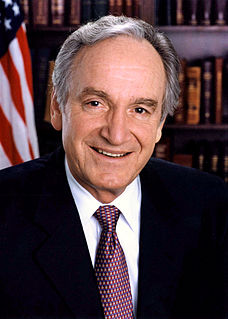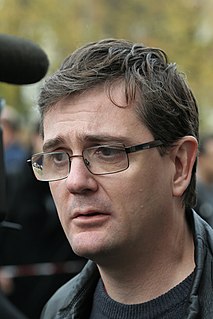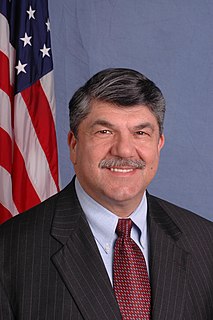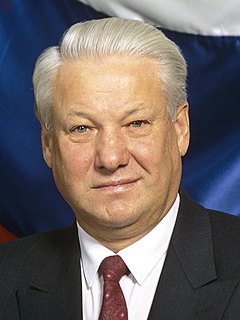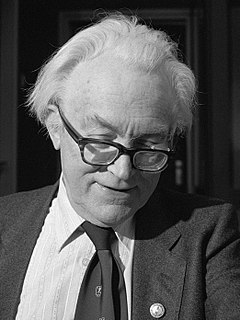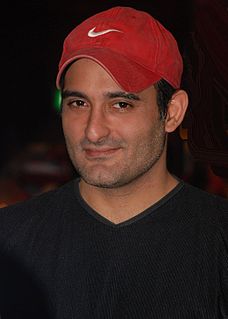A Quote by Mark Twain
It is by the goodness of God that in our country we have those three unspeakably precious things: freedom of speech, freedom of conscience, and the prudence never to practice either of them.
Related Quotes
When you dig down, people are pretty progressive, by and large. I guess, I've said it many times - that a lot of people say we're a conservative country, that people are conservative. And my response to that is, yes, that's true, and you know what the people want to conserve most? The progressive traditions of our country - freedom of speech, and of the press and of assembly. Freedom to dissent. The freedom to practice your own religion or not practice religion as you see fit. Yes, we're conservative! We want to conserve those.
The values that we share - freedom of speech, freedom of religious practice, freedom for civil society, free and fair elections, all the innovation that's been created through a market-based economy - those things are ultimately going to be the path for us to continue into a better future. I hope that, despite some of the challenges we have, that people appreciate that.
I thought that one of the things that we were losing sight of is the basic reasons that we do protect free speech and freedom of the press and the essentiality and centrality in our lives of really giving broad protection to freedom of speech and freedom of the press in America. I thought I could do that by telling stories of some of the cases that established those principles on a real life on the ground basis.
I say let's go back to a truer use of the word 'freedom.' Let's start with President Franklin Roosevelt's Four Freedoms: freedom of speech and expression, freedom of worship, freedom from want and freedom from fear. I would add the freedom to bargain collectively. Those freedoms are under attack today.

